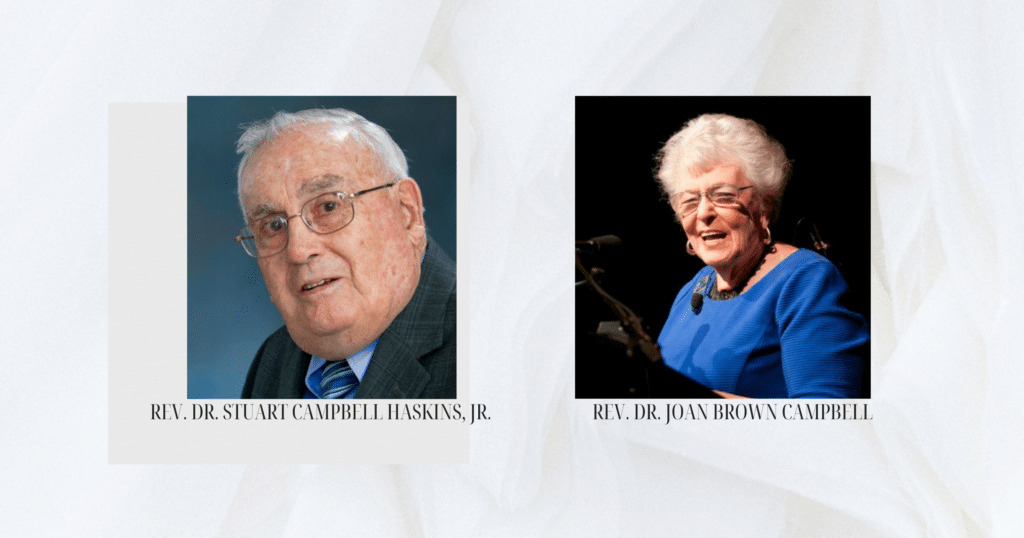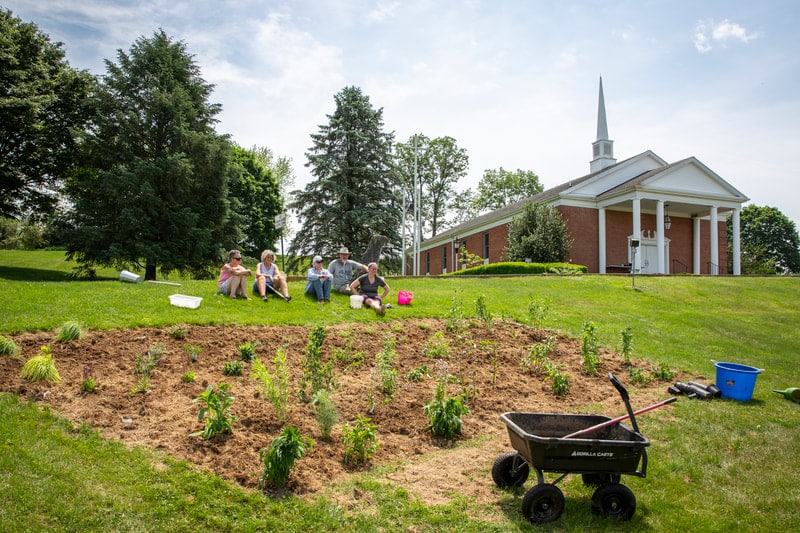My Country ‘Tis of Thee
Lately, there has been much conversation about immigration policies in the United States. The issue remains front and center as deportation orders are implemented and concerns continue to mount with reports of the wrongfully deported, the revocation of residence status, and the images of individuals being detained after being accosted on the street. The fear and anxiety resonate for those who are concerned for themselves, for friends, and for their families.
Certainties regarding interpretation of the law seem to be fleeting as Executive Orders take primacy over the Constitution and the rights which have been foundational for the United States of America. The history of the United States and its independence are rooted in protests against empire and unilateral decision making, pushing back against British monarchy and the British government. Lest we forget, “In the early 1770s, more and more colonists became convinced that Parliament intended to take away their freedom. In fact, the Americans saw a pattern of increasing oppression and corruption happening all around the world. Parliament was determined to bring its unruly American subjects to heel.” Where history is forgotten, history is bound to repeat itself.
In a country of people whose ancestors crossed the waters for their freedom and created ways to ensure that those freedoms were protected, we find ourselves in a quandary over upholding freedoms and human rights. In a country where government was created with the intent of protecting freedom and rights, the government is the creator of the fears and anxieties, along with denying the rights including the right to due process. Where do we go from here?
Tears are pooling at our feet as we weep for justice. The cries for justice continue. Justice for those detained without due process. Justice for those whose lives have been disrupted by deportations. Justice for those who are being sent to countries that are not their countries of origin. The disputes over who belongs and who does not have become tangled with religiously undergirded nationalistic inclinations which are being confused with patriotism. Patriotism and nationalism are not synonymous.
Even as claims are being made over the ownership of country there are denials of the rights of the first peoples of the lands that are a part of the United States. That includes the rights of the indigenous people of the contiguous 48 states, Alaska and Hawaii. The creation of new tales of how the United States came into being and the denial of the history of the United States including the atrocities of settlers perpetrated against indigenous peoples, Africans bought and sold as chattel, and those brought in as indentured workers cannot erase the history of oppression and the current realities in the US. Where history is forgotten, history is bound to repeat itself.
I woke up the other morning with the lyrics of My Country, ’Tis of Thee rolling around in my head. Well, to be honest, parts of the first stanza, which is what is most familiar. “My country ’tis of thee/Sweet land of liberty/of thee I sing… Let freedom ring.” The song which appears in some hymnals originally had five stanzas, one of which is said to have been removed by Smith. The stanza speaks to the tyranny early residents of the United States experienced at the hands of the British. This oppressive history should not be repeated. The freedom desired for all in these United States is yet to materialize. The patriotism in the song rings loud, an understanding of the freedom possible. This possibility was being sung even as people were yet enslaved. Then, as now, all are not free in this country.
The song was written in 1831 by S. F. Smith, a Baptist minister who was a graduate of Andover Theological Seminary, which was created in 1807 to educate congregational ministers. The song was written 30 years before the start of the Civil War in 1861 and the subsequent Emancipation Proclamation in 1863. It spoke then to freedom enjoyed by some and yet to be realized by others. These are freedoms we still yearn and long for in this land of which we sing: “My country ’tis of thee/Land where there’s no liberty.”
“Nobody’s free until everybody’s free” is attributed to Civil Rights activist Fannie Lou Hamer. We are not all free. The work of justice is not yet done. The work ahead is to ensure that freedom is not just possible, but that freedom is present for all. The work ahead is the call to ensure that the vision and accomplishments of the ancestors are not rolled back at a whim. The quest for justice must continue until all are free. We must not grow weary in the presence of tyranny, nor should we lose our voices and claim silence in the presence of fear and anxiety. Instead, the tears we shed and the justice we seek should provide the courage we need to continue seeking a just world for all.
Related News
Peace Be With You…
“…And also with you” is the response on Sunday mornings and on occasions where the peace...
Read MoreBreaking barriers and forging loving partnerships: Two servants of God are remembered
This Eastertide, the United Church of Christ remembers the Rev. Dr. Joan Brown Campbell and...
Read MoreGetting down and dirty in the soil: Rural congregation discovers ‘life has the last word’
The Rev. Julia L. Brown has a love/hate relationship with this time of year. “I dislike...
Read More


